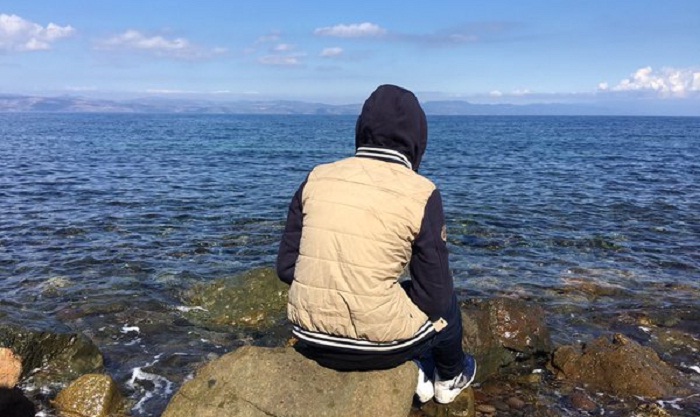As the Afghan authorities have geared up for two-day summit in Brussels to secure the targeted aid of $4 billion, the European Union is secretly planning to make the aid conditional. As per a leaked restricted memo, the EU will ask Afghanistan to accept 80,000 deported asylum seekers in return for the aid. The four billion USD aid on annual basis—over the next four years— was pledged at the 2012 Tokyo conference. Afghan government will find itself in troubled water in the Brussels summit on October 4 because the international donors might bombard the Afghan representatives with numerous questions. Most of them will be hard to answer if the ground realities were contradicting statements of the representatives.
Moreover, Afghan asylum seekers are also unhappy with the secret planning of the EU. Although, scores of humanitarians and scholars see the fragile economy of Afghanistan as main force behind the mass exodus, but there is no denial to the fact that most parts of the country are insecure. The Taliban and Haqqani Network’s ability to attack targets in major cities have not reduced. According to reports the militants control 30 percent of the country while 20 percent is contested. However, it is also true that the insurgents have presence in over 80 percent of the country. In past three months, scores of people were killed and injured in major terror attacks in the capital city, let alone the other metropolitans.
Keeping the current situation in view, the decision to deport the asylum seekers by making the aid conditional would create trust deficit between Afghan people and the European Union. The donors can pledge and provide even $10 billion but they cannot guarantee safety of common people in Afghanistan. Financial assistance (€300-€400) to the refugees can barely meet their monthly expenses but yet they are happy there because of improved security situation. The asylum seekers are in their right to criticize the international community for failure to bring peace and stability to Afghanistan. What will they do with millions of dollars if they cannot bring back their dead relatives?
Therefore, the EU shall reconsider the decision. The EU member countries should focus on security improvement in Afghanistan to pave ground for return of the Afghan refugees to their homeland. They should urge the Afghan government to implement the laws without any discrimination and fight corruption in the judiciary. Quick dispensation of justice is imperative for rebuilding trust of Afghans over their government. In addition to that, the international donors should also condemn those state actors in South Asia that are supporting the Afghan militants. It is necessary to assure Afghans that they are not alone in the fight against terrorism.
 Afghanistan Times
Afghanistan Times




